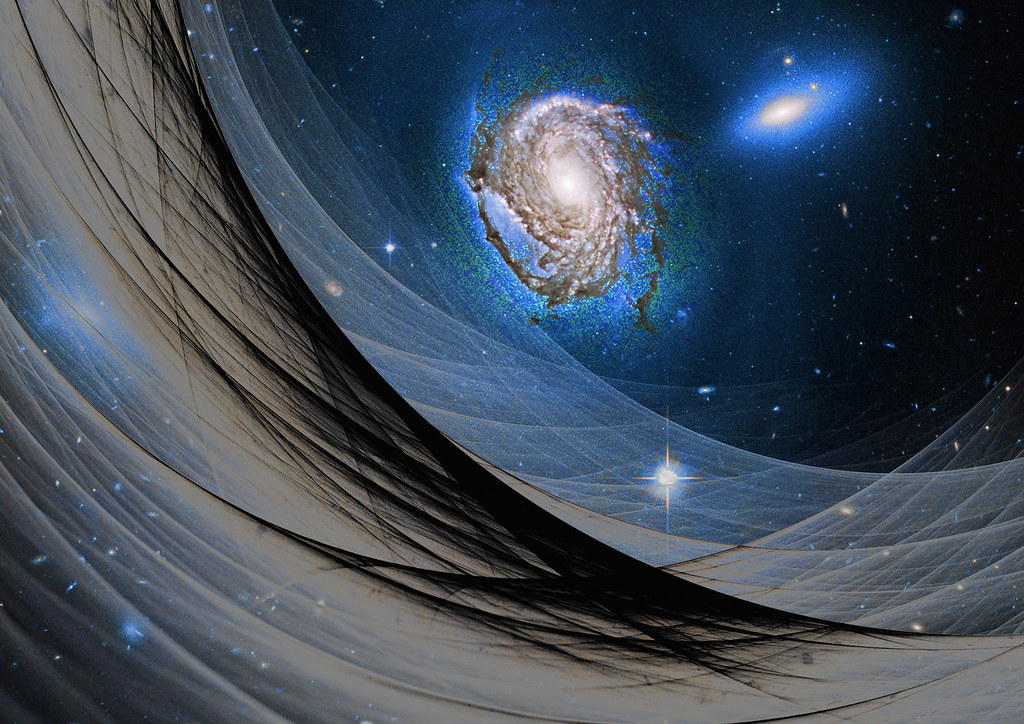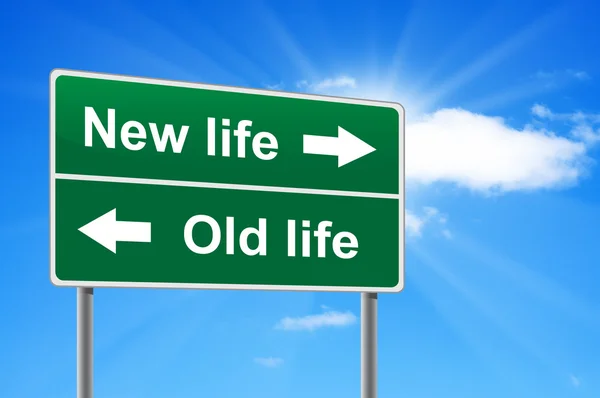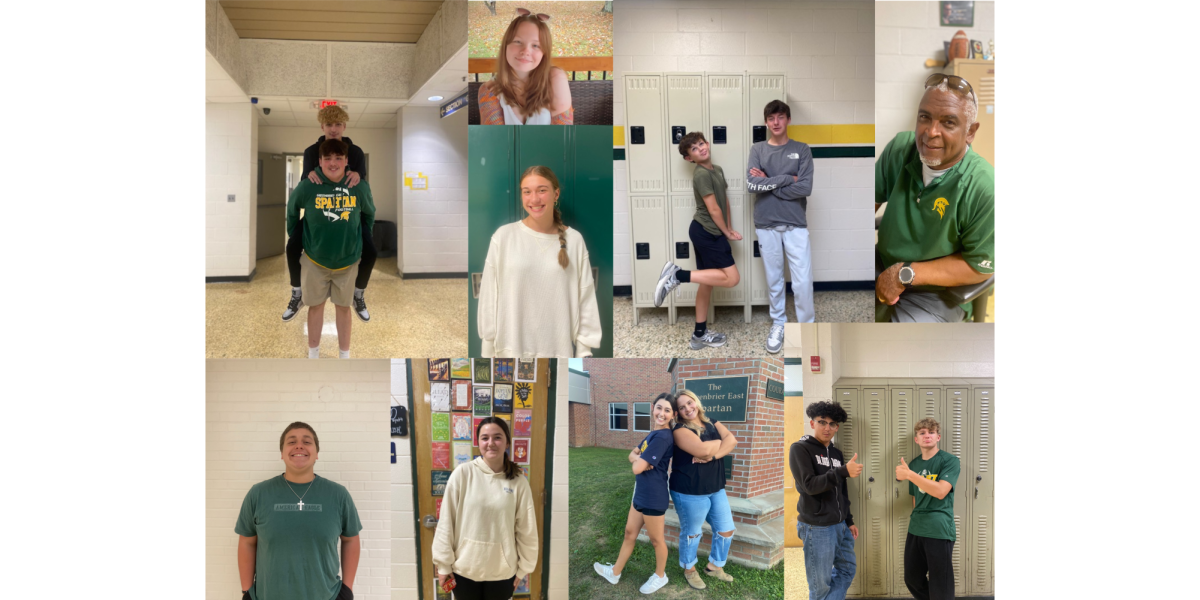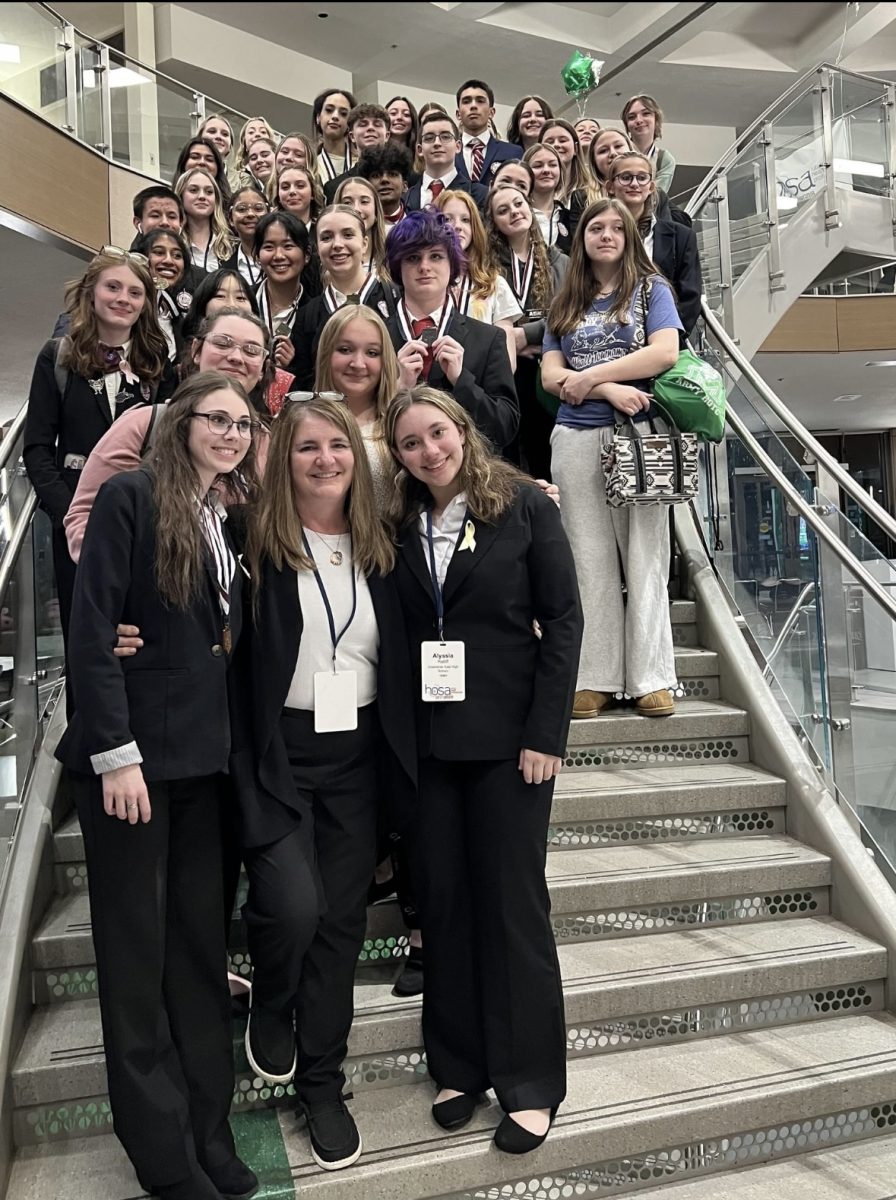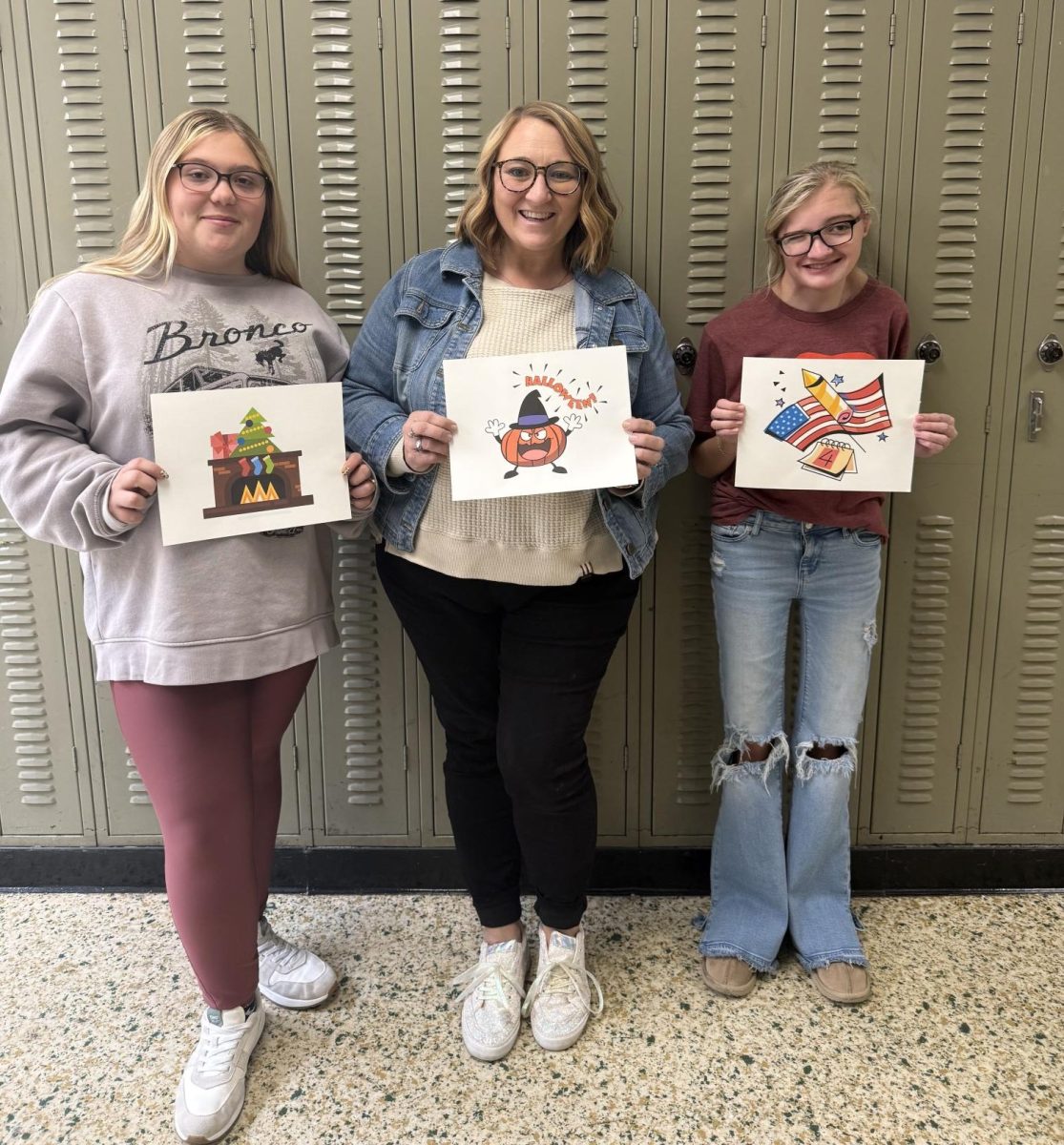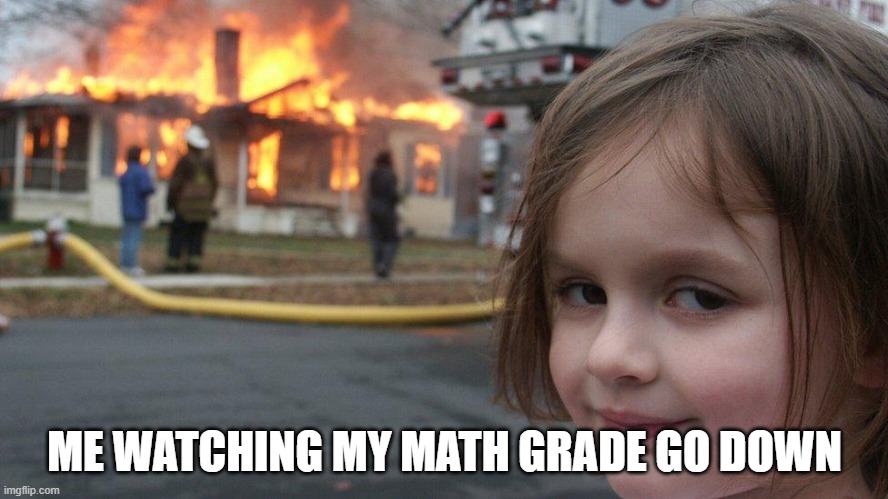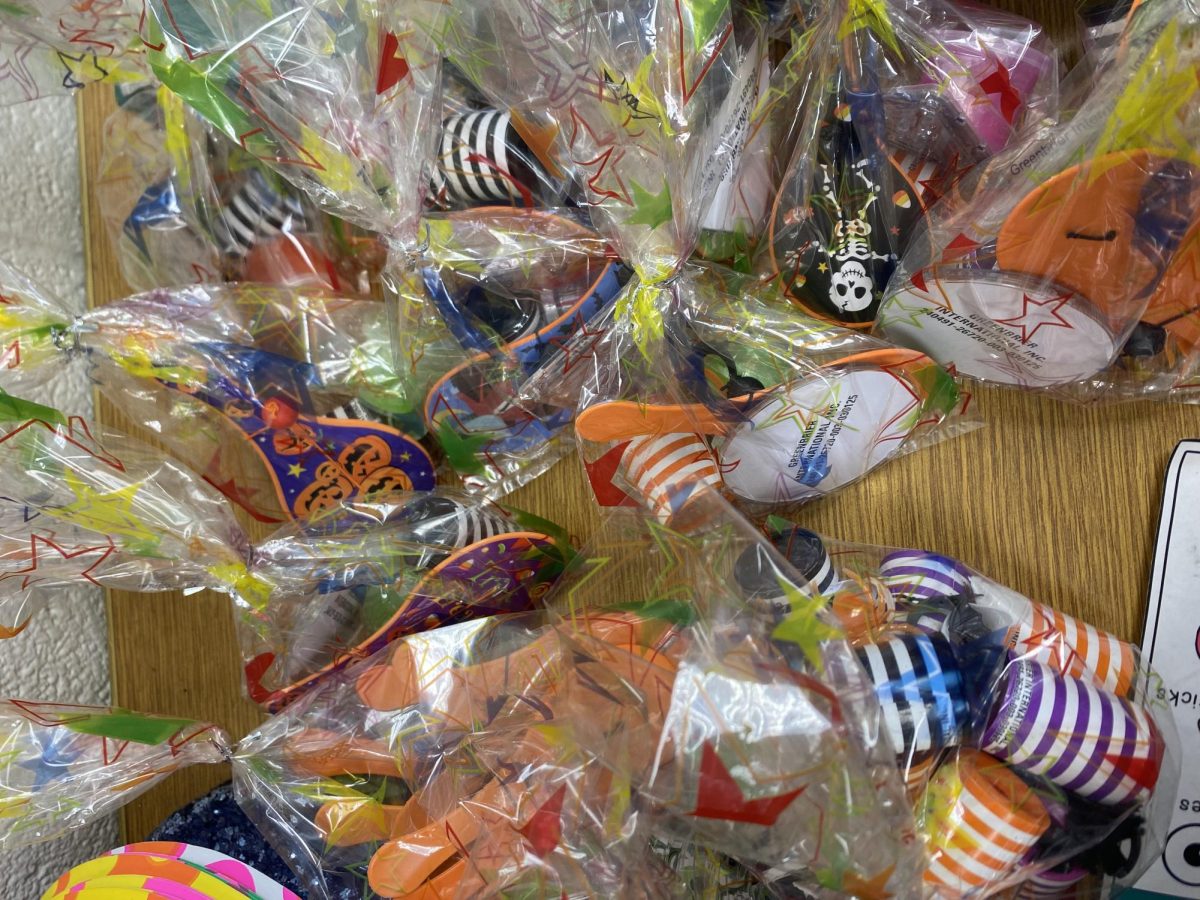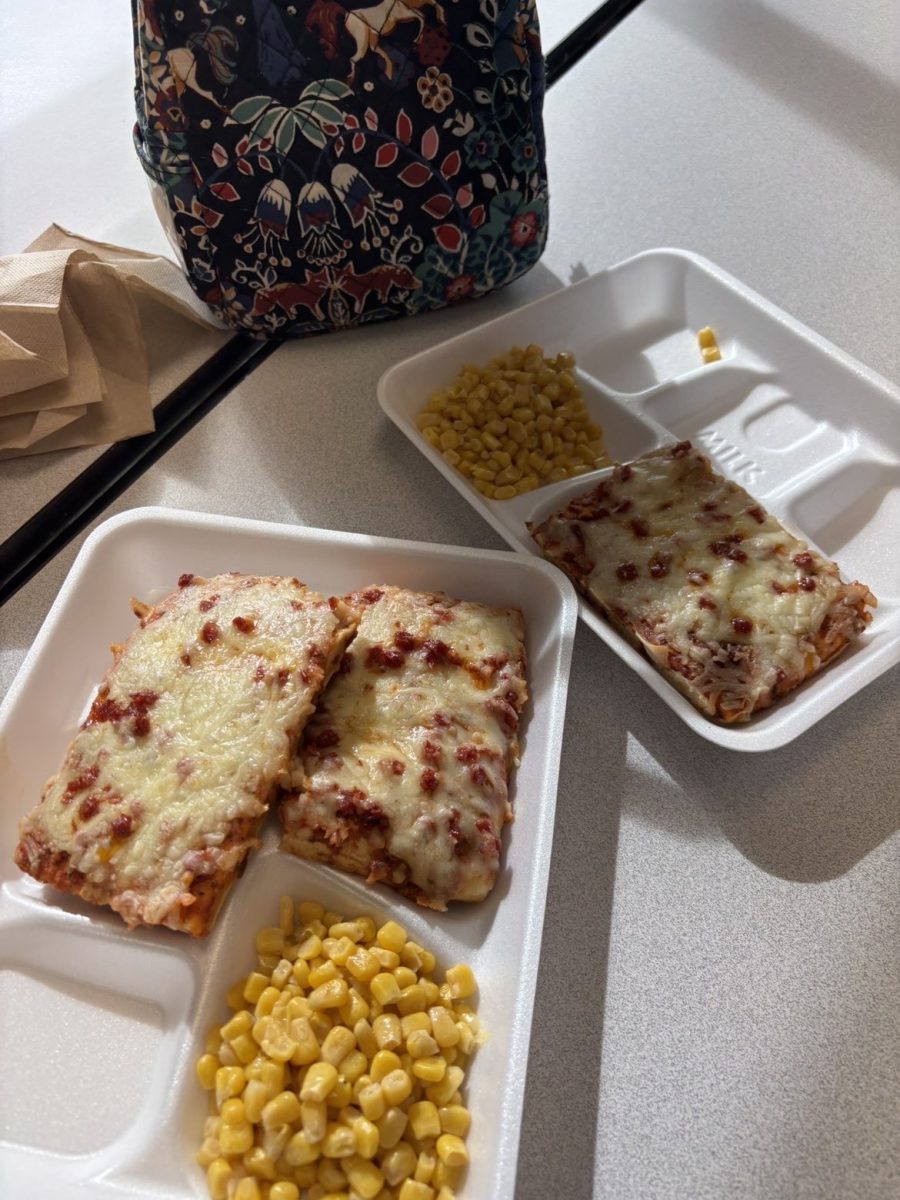My first memory is from when I was five years old. I was on a field trip to an inflatable bounce park where I hung out with my kindergarten boyfriend. This was a positive memory because I liked the guy at the time and I was a little girl experiencing little “love.” But why does my first memory center on a kindergarten event? What about all my memories as a two-, three-, or four-year-old? Or my memories as an infant?
I have always wondered why we so easily forget early childhood memories or do not recall them at all. As Donna Lu reports in her article “Why Can’t We Remember Our Lives as Babies or Toddlers?”, this inability to remember is called “infantile amnesia.” This title refers to “the peculiar amnesia which, in the case of most people, though by no means all, hides the earliest beginnings of their childhood.”
“My first memory was when I ran into a glass door as a kid,” said sophomore Kiana McClung. “I have a scar on my hand, but I can’t necessarily remember what age this occurred.”
According to Lu, even after conducting research, psychologists are still confused about the human lack of remembrance. Exposure to trauma at an early age can increase the risk of anxiety and depression. These memories that we often forget are actually stored deep somewhere in our brains.
Cristina Alberini is a New York University professor of neural science who is cited in Lu’s article. Alberini conducted research that found “memories formed during the infantile amnesia period are, in fact, stored in the brain until adulthood, even though they aren’t consciously remembered.”
So how can events we don’t even remember affect our life forever?
“Early unrecalled memories may function as schemas upon which adult memories are built,” Alberini said. “Like the foundations of a home, they remain concealed but crucial.”
“I have certain memories from my childhood that had a big impact on me,” junior Shawnti Winston said, “but I can’t remember a lot.”
How about you? At what age did you retain your first memory? Leave a comment below!


